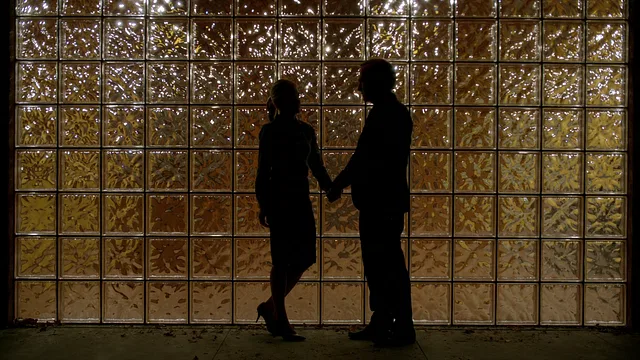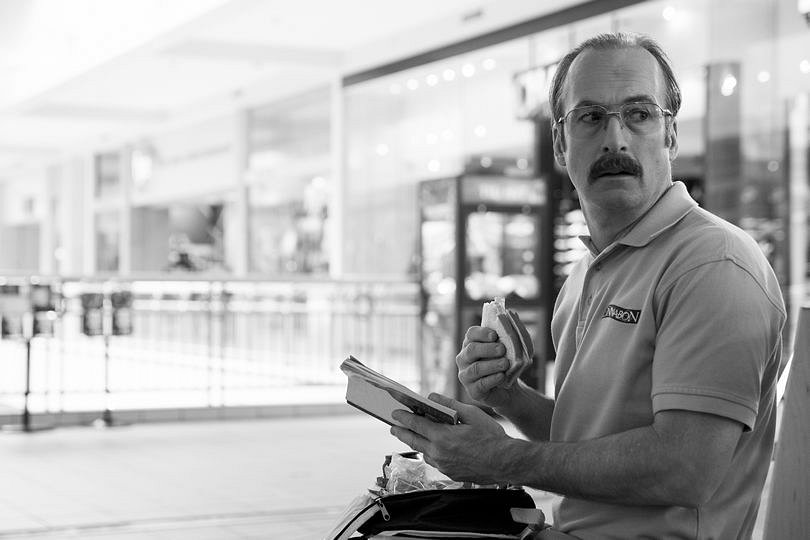
It's 15:54 and I'm sitting in front of my second screen while I should be in bed because my fever is running high. The following paragraphs may come across as delirious, and that's because they may very well be. But in the midst of my illness I found myself feeling furious over Better Call Saul's loss at Golden Globes last week. Why, you ask? I don't even know, I don't even care about these precious elite buggers. But something has gotten into me, perhaps a lack of appreciation for the show on my end, and I need to let it all out. So here it goes.
"We all make our choices. And those choices, they put us on a road." This is what Mike told Jimmy in the last season of Better Call Saul. “Sometimes those choices seem small, but they put you on the road. You think about getting off. But eventually, you're back on it. And the road we're on led us out to the desert and everything that happened there and straight back to where we are right now. And nothing, nothing can be done about that."
Indeed, in Better Call Saul nothing seemed to be able to pull the protagonists out of their doomed path. Every turn, every maneuver, every different decision would lead to the same result. "Right" was never an option, and no show was better than Better Call Saul at piling on one ramification after another so methodically and incrementally that they eventually became inevitable.
But in the finale of Saul, the great Michael McKean who graced us as Chuck with his presence through flashbacks, could see another version of things. "If you don't like where you're heading," he had told him, "there's no shame in going back and changing your path".
Changing paths, more to the extent that it is possible, after having seen Jimmy McGill become Saul Goodman and later Gene Takavic, to finally return to Jimmy again, is a central theme of Better Call Saul. But never has there been a more seismic shift in the series than Saul's in the courtroom finale. For months, years, we've been trying to guess how the show might end. Others desired freedom and redemption. Others awaited jail time or worse. As it turned out, Vince Gilligan and Peter Gould performed an alchemical miracle and merged two antidiametric possibilities into a wonderful amalgam of loss and hope, tragedy and love, ending and beginning.

Perhaps it's no coincidence that The Sopranos, the series that heralded the Golden Age of television and and Better Call Saul, the series that seems to have sunsetted it (or at least the part of it in which our consumptions habits have diverged in the age of streaming, and our patience for slow-burn narratives has run dangerously thin), are both American productions.
The two series reflect a society more decadent than any in western Europe, for an American majority mired in debt, a middle class that cannot even dream of a secure existence, and crime as the only way to hope for serious money. And yet, Tony believed so much in the system that he ended up helping even the FBI who had been trying to trap him for so many years. And why the hell not, when even America had placed him outside its morally acceptable parameters and had been allowing him to enjoy his illegal money and expensive cars. In the United States, as Kim Wexler would find, you'll either be free and live the laziest life in Florida following "boring" social rules, or you'll be corrupt – with rewards – at the risk of going to jail.
All these conclusions came one-by-one in Better Call Saul. A very small, very small part of television has the confidence to use its time in this way.
"Many people think that the script is all about the dialogue, but what matters most to us is the space between the lines." That's Gilligan's approach, even though I'm wildly paraphrasing his quote, and throughout the run of the show it translated into countless artistic choices, so meticulously curated that you felt like the show really wasn't meant to offer this level of virtuoso cinematography. Visual puzzles and symbols: Silhouettes emerge from wells. A pool of blood running through a carpet. An ice cream cone that Saul throws away before getting into the car. Only later to be seen smothered in ants.

And let's face it. The series didn't really mind intercepting the plot for the sake of indulging in hypnotic moments like the panning shot of a car at an empty intersection, or a bill caught on a cactus thorn. The show did the same with long, quiet scenes of people making things with their hands, from cinnamon buns to a... meth lab under a laundromat. What other series let its precious television minutes pass by to seduce us in this way? What was the confidence that Better Call Saul had in its viewers and their ability to keep up with what was left unsaid? Even in its final stretch, when other creators often rush to finish, Better Call Saul never stopped interspersing its explosive moments with scenes of mere existence, each two or three beats longer than expected.
After all, like Breaking Bad, Better Call Saul was less a story about a man losing his integrity, and more about about the danger that lurks when a slightly deranged person achieves apotheosis.
In these stories you want the proper punishment for the anti-hero: Walter's never seemed adequate to me to be honest – as in the case of Tony Soprano who had to constantly watch over his shoulder until he couldn't do it anymore, or the corrupt Vic Mackey in The Shield who will forever look at the picture of his team that he betrayed.
For Jimmy, 87 years was worth it for Kim to look at him like this again, and that was the best ending I didn't know I wanted.
